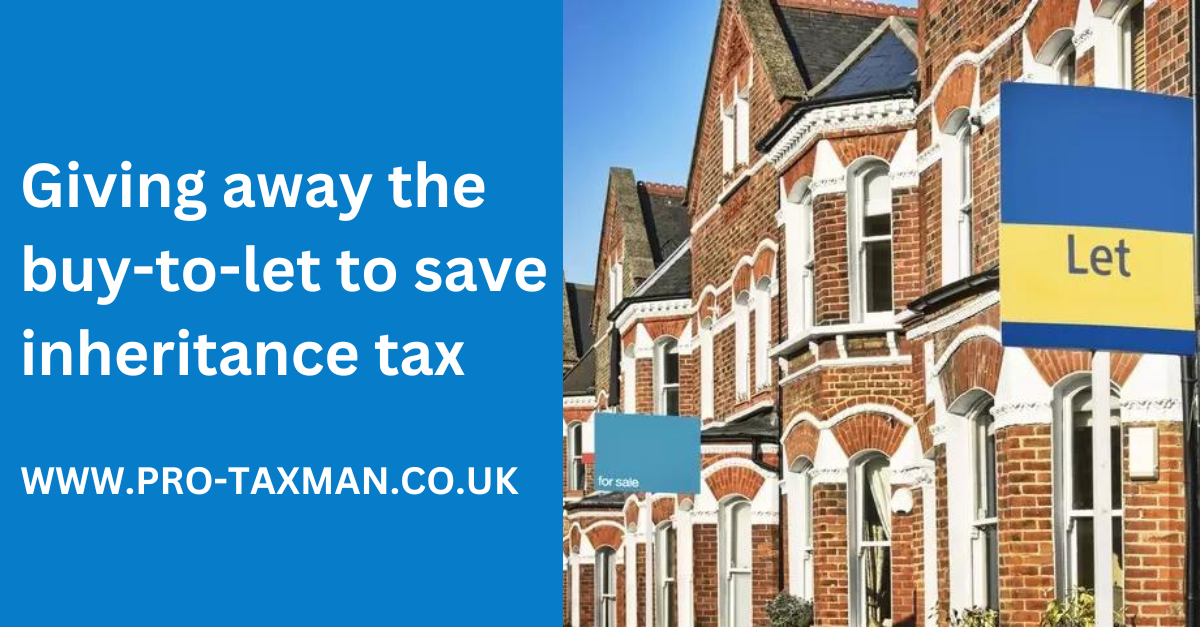Where a person has a property portfolio, they may consider giving away one or more of their investment properties during their lifetime to reduce the inheritance tax payable on their estate. However, inheritance tax cannot be considered in isolation, as there may also be capital gains tax consequences which need to be taken into account.
We take a look at some of the issues.
Inheritance tax
Inheritance tax is payable on the estate to the extent that it exceeds the available nil rate bands. Each person has a nil rate band of £325,000. A surviving spouse or civil partner’s estate can also benefit from the unused proportion of their spouse/civil partner’s unused nil rate band. This must be claimed. They can also benefit from any unused residence nil rate band, which is available where a main residence is left to a direct descendent.
For inheritance tax purposes, gifts fall out of account if they are made more than seven years before death. The gift is known as a ‘potentially exempt transfer’ (PET) as inheritance tax will only be chargeable if the donor dies within seven years of making the gift.
Where the gift is made at least three years before death, taper relief applies, reducing the inheritance tax payable on the death estate. This can have unintended consequences.
The nil rate band is applied to shelter gifts in the order in which they are made. This can act to reduce the IHT-saving properties of the nil rate band. For example, if a gift is made between 6 and 7 years before death, taper relief will mean that the effective IHT rate on the gift is 8%. However, if the gifts falls within the nil rate band, no inheritance tax will be payable. Consequently, that portion of the nil rate band will only save tax at 8% rather than at the 40% that would be payable on a gift made at death or within three years of death.
To enhance the likelihood of a lifetime gift being free of inheritance tax free (and to maximise the tax-saving potential of the nil rate band), it should be made earlier rather than later.
Capital gains tax
Making a lifetime gift of an investment property can be effective for saving inheritance tax, but it may trigger a capital gains tax liability. If the gift is made to a connected person, such as child, there will be a deemed disposal at market value, and capital gains tax will be payable on the gain. Further, gifting the property will mean that there are no sale proceeds from which to pay the tax.
This may not be a problem, and indeed can be beneficial, if the value has fallen and the disposal will give rise to a loss. Even a gain may not be problematic if it can be sheltered by allowable losses or the available annual exemption, or if the tax payable is small enough to warrant the potential inheritance tax saving.
If there is a gain, a higher rate taxpayer will pay tax on it at 28%. If the donor survives seven years, there will be no inheritance tax to pay. Where this is the case, making a lifetime gift and paying capital gains tax at 28% on the gain will be cheaper than gifting the property at death and the estate paying inheritance tax at 40% on the full value at the date of death. Where the gift is made at death, there is no capital gains tax for the estate to pay – there is a tax-free uplift at death.
However, if the donor does not survive seven years, there may well be inheritance tax and capital gains tax to pay, particularly if the value of the property exceeds the nil rate band. This may significantly increase the total tax payable.
It should also be remembered that on lifetime gift the donee will acquire the property at market value and will pay capital gains tax on any gain that they make on their disposal unless they occupy the property as their only or main residence. Where the property is acquired at death, their base cost is the market value at the date of death.
Weigh up the pros and cons
There is something of a gamble here as the tax outcome will depend on whether the donor lives seven years from the date of the death. It is a question of weighing up the different options and deciding what risks are worth taking to potentially save tax.
Need professional accounting service or accounting advice? Contact us to book a 15-min Free Consultation with us today.
To find out more please follow us on Facebook, Twitter, or LinkedIn. Feel free to contact us on 0333 006 4847 or request a call back by texting 075 6464 7474

